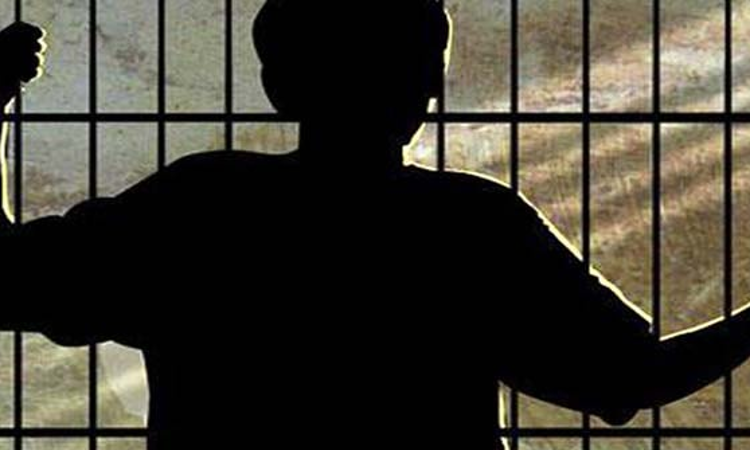JJ Act | Child In Conflict With Law Can Seek Anticipatory Bail U/S 438 CrPC: Bombay High Court
Padmakshi Sharma
16 July 2022 9:57 AM IST

Next Story
16 July 2022 9:57 AM IST
The Bombay High Court has held that a child in conflict with law as per the Juvenile Justice (Care and Protection of Children) Act, 2015 (JJ Act) can file an application under Section 438 of CrPC, seeking anticipatory bail.A division bench of Justices Sarang Kotwal and Bharat Deshpande observed,"When a child in conflict with law is apprehended, his liberty is curtailed. Section 438 of...
